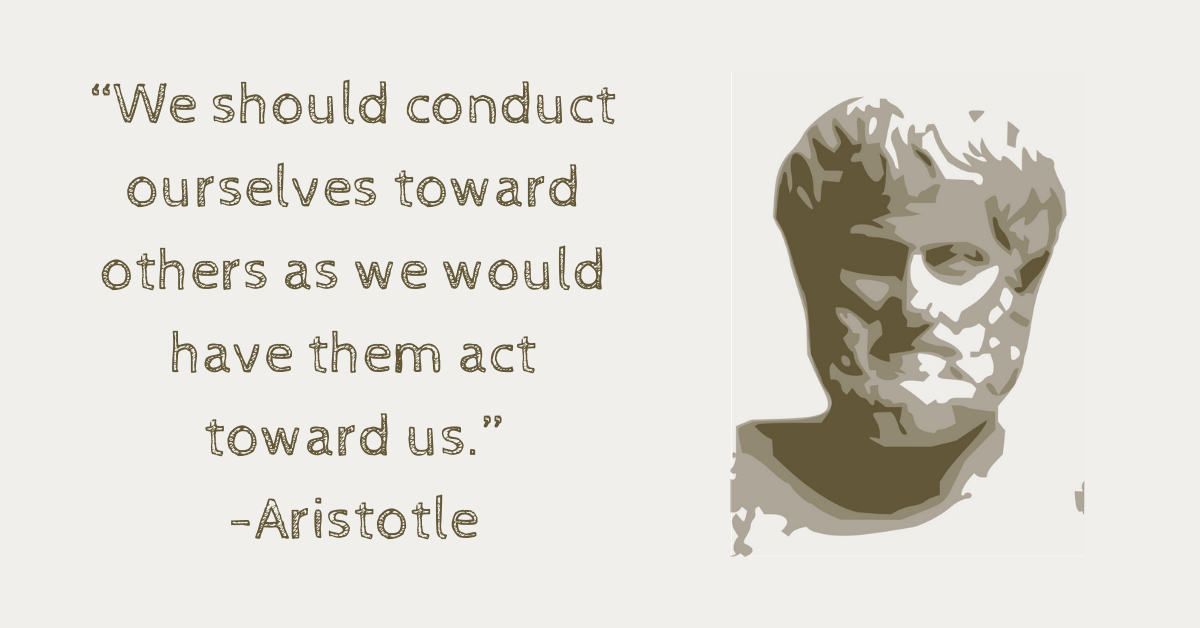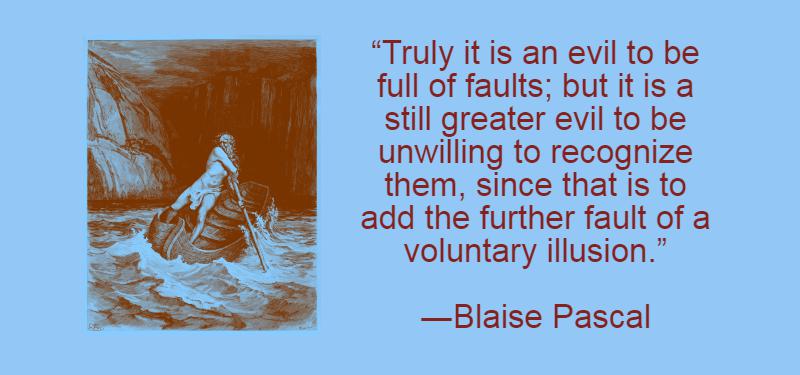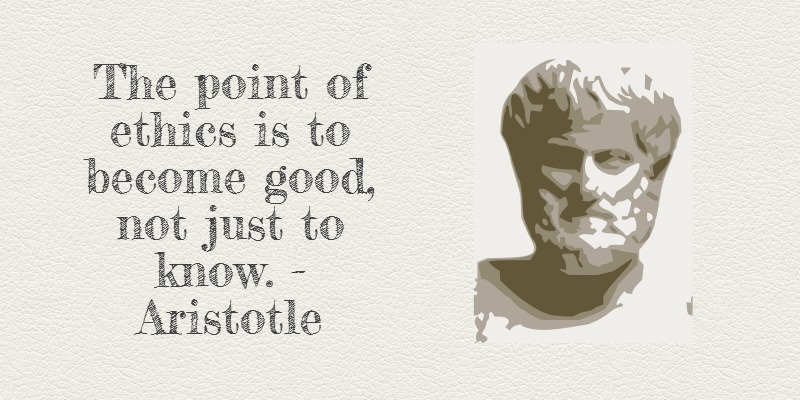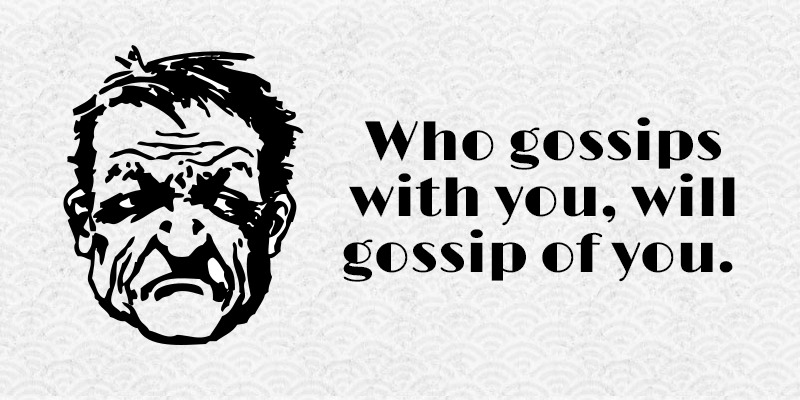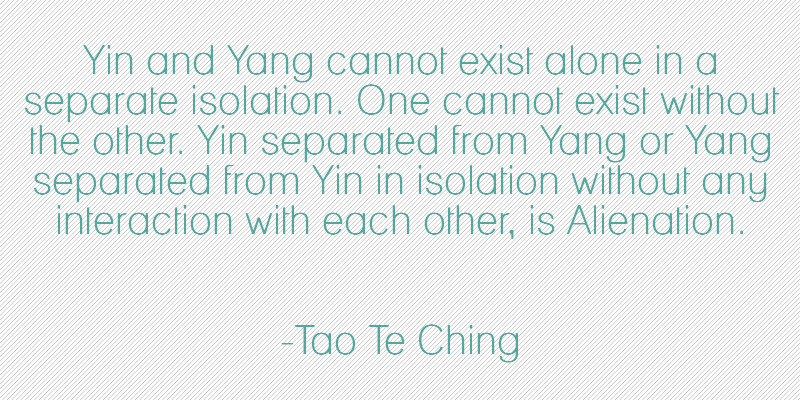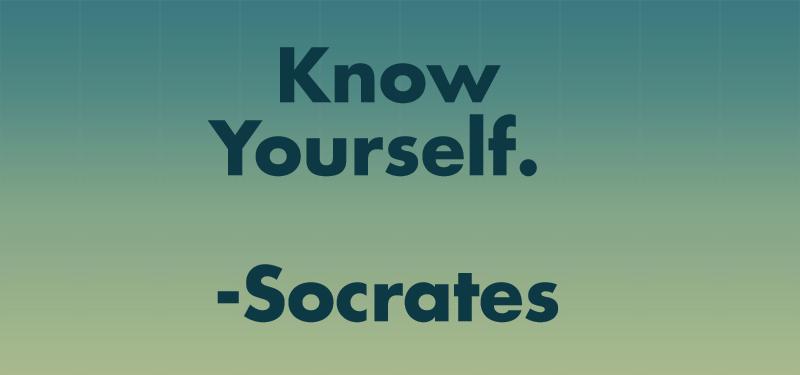It turns out that there are 3 important rules we can always use to do right by others: the Silver Rule, the Golden Rule and the Platinum Rule. These 3 rules are applicable regardless of our politics, religion or culture. These moral rules also have broad support across cultures and throughout history. Let's discuss the Silver, Golden, and Platinum Rules, and how they can easily be applied to tell right from wrong when it comes to our choices and actions.
|
Really you ask? Is it possible to tell right from wrong and to easily figure out how best to treat other people in every situation? Yes it is, and I'm about to show you how.
It turns out that there are 3 important rules we can always use to do right by others: the Silver Rule, the Golden Rule and the Platinum Rule. These 3 rules are applicable regardless of our politics, religion or culture. These moral rules also have broad support across cultures and throughout history. Let's discuss the Silver, Golden, and Platinum Rules, and how they can easily be applied to tell right from wrong when it comes to our choices and actions.
3 Comments
Since I write about ethics, virtue, and character there has always been a possibility that someone will ask what exactly makes me so great. The answer is nothing. I have faults like everyone else. I am however, continuously working to discover and overcome my faults. It's important to do this type of ongoing self assessment if you have any real interest in improving your character.
In ancient philosophy, arete, translated as excellence or virtue, was often held as the goal of a lifetime. Excellence can be developed through insight and habit. It's important to have insight about your negative personality traits if you want to change them. Usually just a small part of your total personality is actively holding you back and keeping you from flourishing in life as you might if your faults were corrected. Examining your own character flaws is actually not the easiest thing to do. We innately resist looking at our truly negative qualities as a matter of psychological self-preservation. So how can we identify and work with our own shortcomings? Uncovering your faults takes some maturity and courage. These 5 techniques inspired by the ancient philosophical tradition and Jungian psychology have helped me to gain more insight into my personal failings, and I hope they will be helpful to you as well. While it is probably impossible to prevent all interpersonal conflict, many problems can generally be prevented by being “nice,” which is a simplified term for ethical conduct, kindness, and good character. You will have fewer interpersonal problems in your life if you are as mindful as possible of your own behavior, meaning that you don’t thoughtlessly say and do things that harm others.
I’m actually not the most tactful person by nature. But I have learned from direct experience that improving my tact and self control largely leads to freedom from self inflicted interpersonal problems. What does that mean? Well, the more that you consciously govern your behavior, the less you will say and do things that you regret or that ultimately sabotage your relationships and your happiness. There are steps that you can take to increase your tact in conversations, and control your own behavior. If these steps do not prevent most conflicts, you still have a right to point out the mistakes and limitations of others if their behavior is hurting you. The downside to free will is that people can misuse it to harm others. People have a right to be wrong, just not to do wrong. Which is why it is essential to have strong personal boundaries when dealing with difficult or unethical people in your life. Here’s How: Mistakes are an inevitable part of life. While some mistakes can build character, other mistakes detract from character. You’ll want to avoid these 4 big mistakes which tend to negatively alter the way that people see you: 1. Lying Nothing ruins your character more quickly than lying. According to psychologist George Simon, “lying is one of the many tactics by which a person avoids taking responsibility for behavior while simultaneously attempting to manipulate or manage the impression of others.” If someone lies to you even once, your confidence in that person’s sincerity and character has been lost for the foreseeable future. You no longer trust a liar or give them the benefit of the doubt.
What about white lies? If you are tempted to lie in order to protect someone's feelings, consider that assertive communication goes a long way, since many white lies are based on opinions, not facts. If someone asks “Does this dress make me look fat?” any response that you give is just your opinion, so there is no need to be offensive. You can choose to respond assertively in a way which protects someone's feelings, such as, “I think the other dress is the most flattering, but that is just my opinion.” There is a lot to dislike about the radical, or extreme feminist and men's rights movements. Both believe that they are combating sexism against their respective groups. I argue that by focusing on gender difference as the source of every ill, they are instead promoting a divisive, dominance based paradigm. Both groups tend to have flawed and irrational world views, and to promote a dualistic ideology of dominion and victimization, rather than one of equality, mutual respect and partnership.
The feminists of the the 20th century helped to level the playing field for women in the West. Unfortunately, the gender struggle of the past decades has radicalized a subset of individuals. We need to realize that we will not get equality by pointing fingers and complaining about which gender is or has been the biggest victim of oppression. The result of the present situation, is that both genders currently face sexism in society; women because of troglodyte viewpoints, and men because of feminist backlash. Perceiving everything in terms of gender difference is a method of divide an conquer, which keeps people from focusing on our common humanity, and from having empathy for one another. The problem lies specifically with the age-old dominion and oppression based world view. Both the extremes radical feminism and radical men's rights, matriarchy and patriarchy, imply an unethical domination of one gender by the other, leading to even more misunderstanding. Both matriarchy and patriarchy represent a failure of the ancient egalitarian ideal. Contrary to popular belief, patriarchy was not always the dominant paradigm throughout history, and it need not be going forward. Patriarchy is flawed, and matriarchy is also flawed. Neither men nor women should game the system to their advantage, or try to unethically assert power or superiority over other people. There is another way; egalitarianism. Egalitarians acknowledge that every person, male and female, has equal innate rights. No individual or gender is entitled to special privileges, because that would imply that one individual or group has rights that other humans do not have. The result of true egalitarianism, not one which is forced on people from the top down, is a partnership or equalitarian world view, where each gender's contributions are naturally viewed as equally important to society and part of a larger, all-encompassing whole. Each gender balances and compliments, rather than conflicts with the other. What does this have to do with ethics, you ask? Much! The true source of domination does not emanate from some abstraction, such as patriarchy or society, but rather, it originates from within the individual. I concede that while oppressive societies can limit free will, individuals choose to promote domination or freedom by virtue of their beliefs and actions. People can choose daily to be ethical, not to use their free will to dominate others, and to eliminate any arrogant and irrational beliefs in their own gender's superiority. Then we will have truly equal partnership and respect between the sexes. Ethics are really incredibly simple and uncomplicated. The key to happiness is living a life of personal integrity based on common sense ethics. A free will lives by rules that it gives to itself. Choosing a life of integrity has the overall effect of minimizing interpersonal and societal discord. If everyone tried their hardest to lead an ethical life, humanity would have far less problems than we have currently. Nearly every problem in human society is essentially a problem with the moral state of humanity.
Common sense ethics is my term for the straightforward understanding of shared ethical principles which humanity already has, that we have had for a long time. Common sense ethical principles are based on the lessons of daily living, as well as thousands of years of Eastern and Western philosophy, history and religion. |
Don't Miss A Post!Sign up to receive updates and special announcements! Thank You For Subscribing to Common Sense Ethics!You have successfully joined my email list. About Me:Thank you for your interest in Common Sense Ethics! I'm Leah, a librarian and freelance editor with a background in history and philosophy.
Most Popular Blog Posts:3 Unpopular (But Likely Correct) Opinions According to Cicero Download My Stoic Printables For Tough Days:
Watch Common Sense Ethics On YouTube:
|

